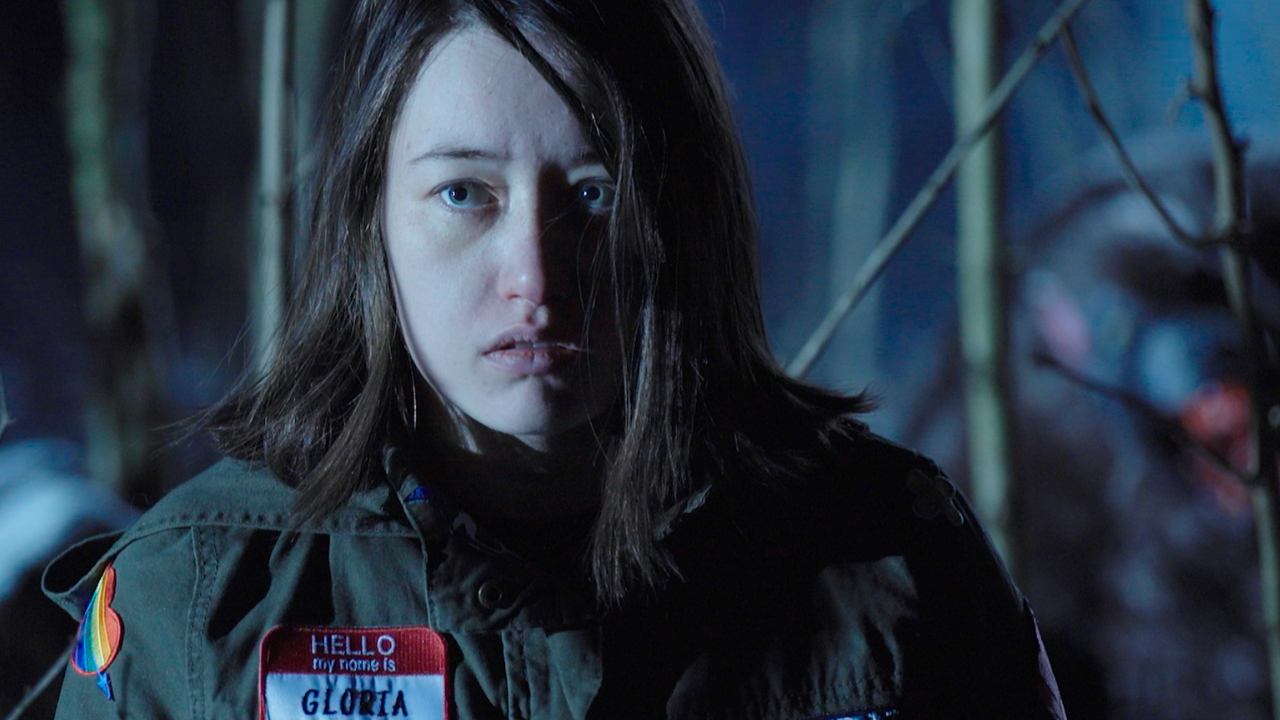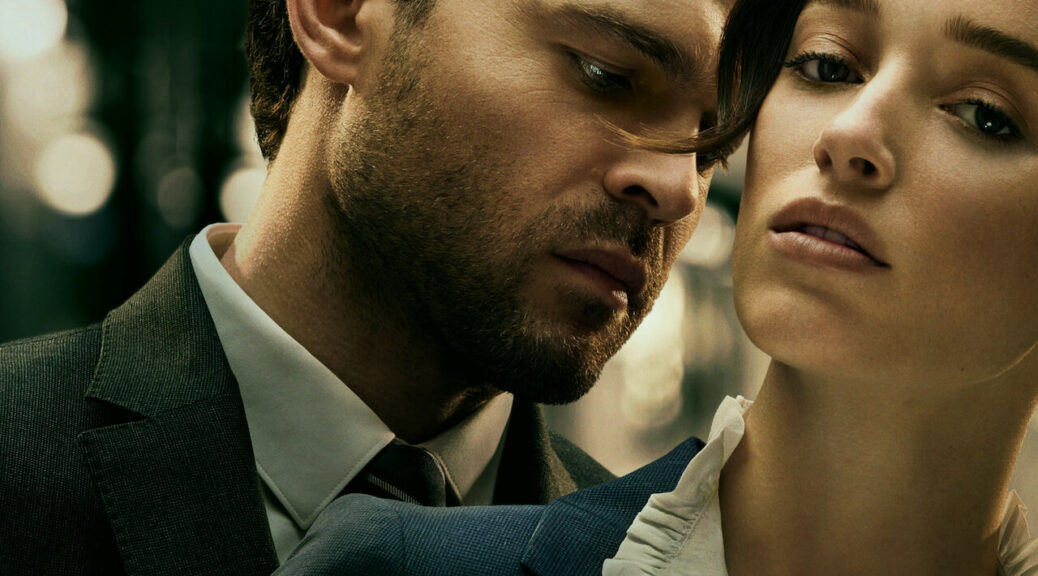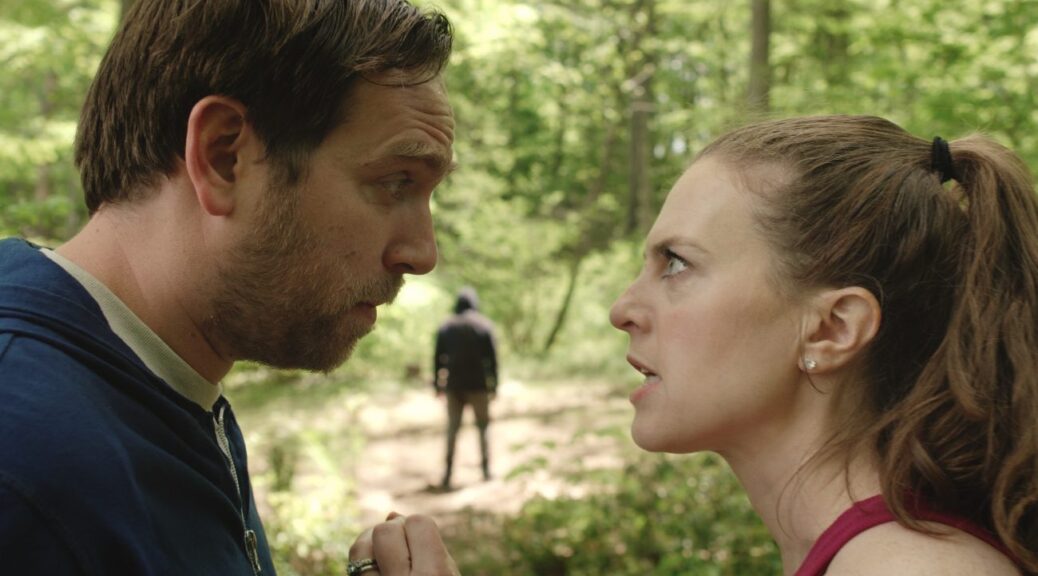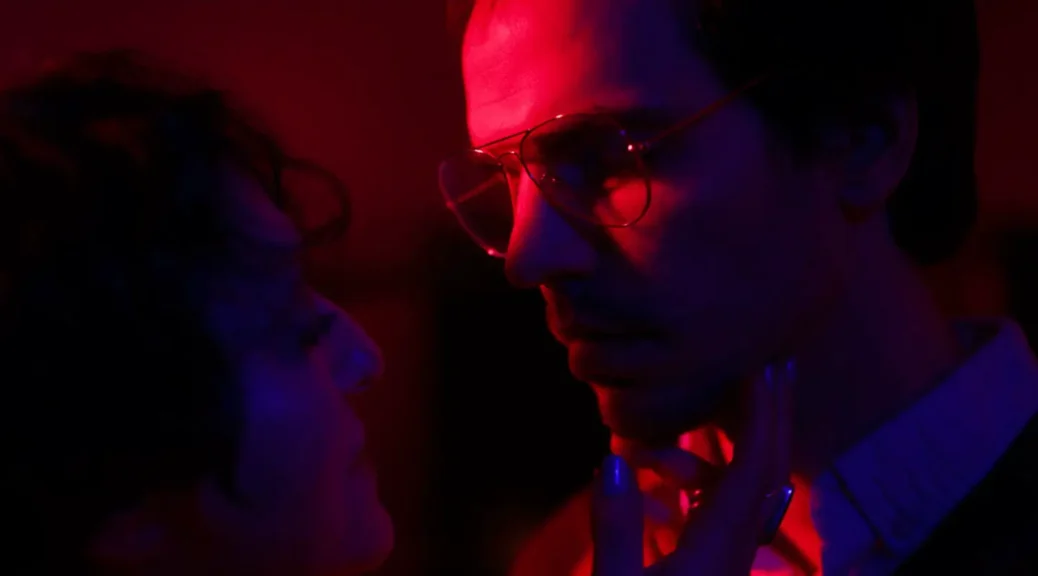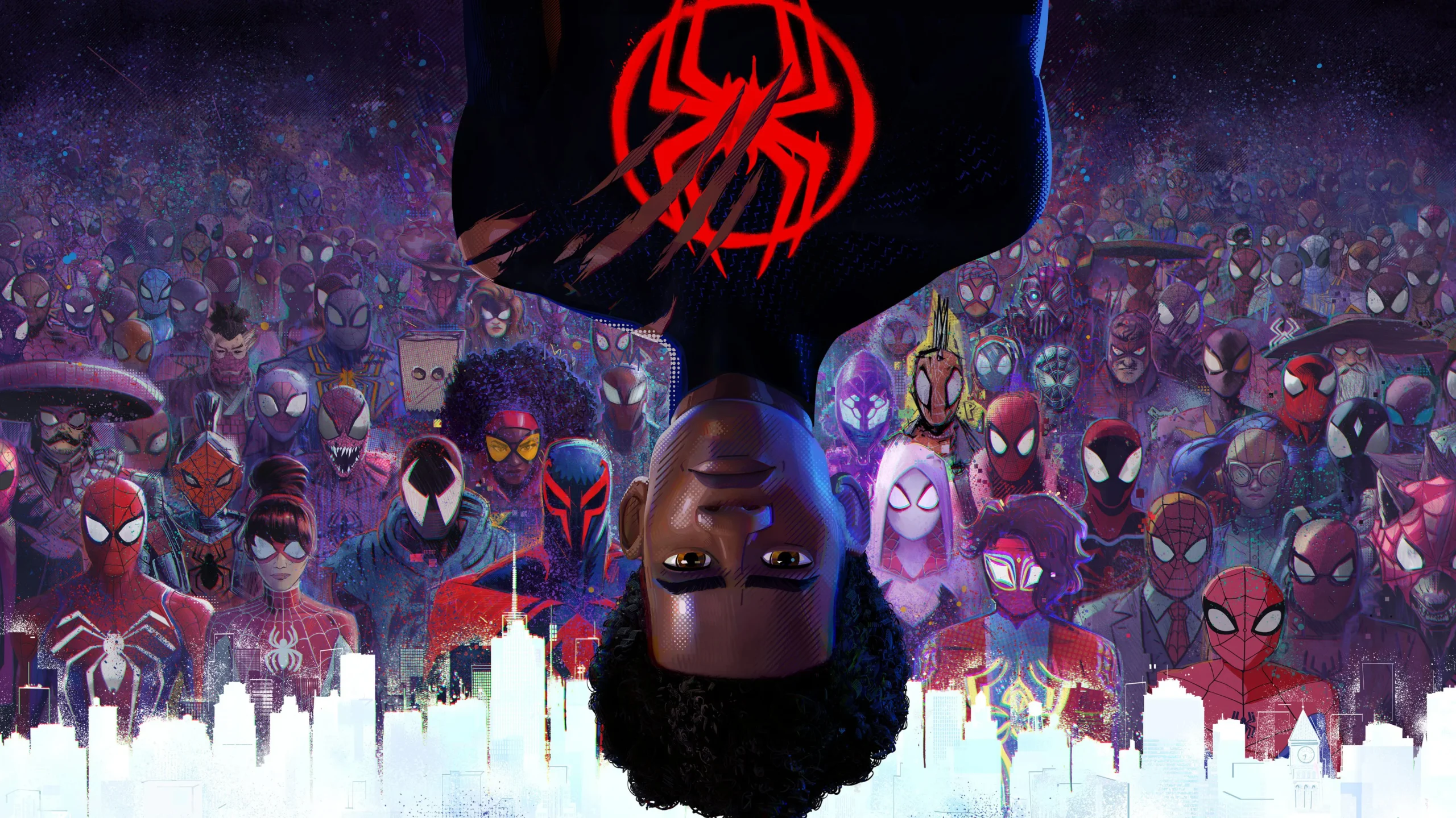by Brandon Thomas
A good creature feature is hard to do on an indie budget. Many filmmakers have tried – and failed spectacularly – to bring monsters to life with little money and even worse, little imagination. The Beast of Walton Street bucks that trend by delivering thrilling monster mayhem and a steady supply of wit and heart.
In a nameless Ohio town, a beast is roaming the Christmas decorated streets and picking off the most vulnerable: the unhoused. Friends Constance (Athena Murzda) and Sketch (Mia Jones) live on the fringes of society – barely scraping by and living in an abandoned auto repair shop. As the two notice more and more of the city’s at-risk residents disappearing, they decide to take matters into their own hands and defend their town from the ravenous beast.
There’s a palpable level of energy that flows through the entirety of The Beast of Walton Street. Director Dusty Austen’s competency behind the camera is evident and admirable. The level of care and skill shown toward the craft of filmmaking is immediately recognizable in the editing, blocking, lighting, and shot composition. Craft is something that unfortunately falls to the wayside in many indie films, but in The Beast of Walton Street it’s on full display.
Austen is wisely economical when it comes to showing the titular beast (which is actually a werewolf). How Austen chose to shoot and edit around the beast is truly impressive. This reviewer was reminded of Ridley Scott’s Alien on more than one occasion. The ferocity of the werewolf is never lost on the viewer and so much of that is due to Austen’s confident handling of craft.
On the flip-side, the human element of Beast of Walton Street is just as impressive. While Murzda carries the film as the lead, both she and Jones have a delightfully charming chemistry that makes the beast-less scenes just as fun. While neither actor has a long resume (yet!), their comfort and flexibility in front of the camera is evident.
The Beast of Walton Street doesn’t reinvent the werewolf wheel, but what it does is offer up an Amblin-esque punk rock creature feature, and that is more than enough for me.
